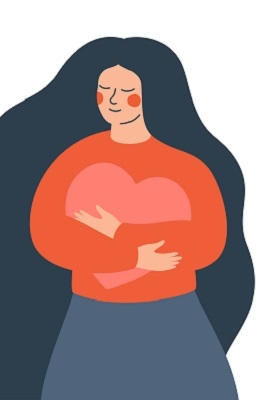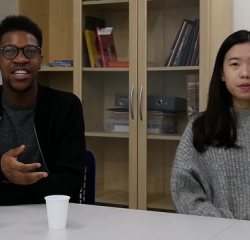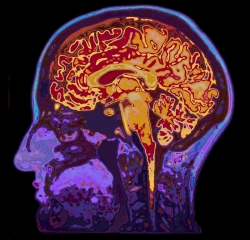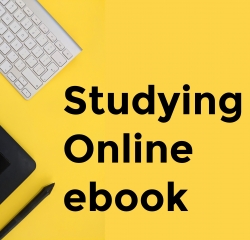

If it’s one thing that you’re made more aware of with a chronic illness, be that physical or mental, it’s what you can or cannot control.
Each day your illness can dictate your life. For some, it's what or when you eat. For others, it's what you wear or where you can go. There are limits that are dependent on how your illness is affecting you on a given day.
You also can’t control how others react to your illness. You can mediate it, you can try your hardest to ignore problems, but illness has a sneaky way of paying you back in kind for every sign ignored, every care not taken.
If, like me, you’re studying with a chronic illness, it’s important to focus on the things that you can control, and to work on being kinder to ourselves for issues that are not our fault.
Here are five things you will learn at university that aren’t on any curriculum.
More from Bloomsbury

Many students would benefit from a little more self-compassion. Discover three strategies to bring more self-kindness to your studies and life in Stella Cottrell’s blog Bring some self-kindness to your study.

If you haven’t already, you might find it helpful to reflect on the support that is available to you. The page What are my personal resources? is a good starting point.
Editor's highlights

Get work done

How do you deal with feedback from your lecturers?

What is the writer's stance?

